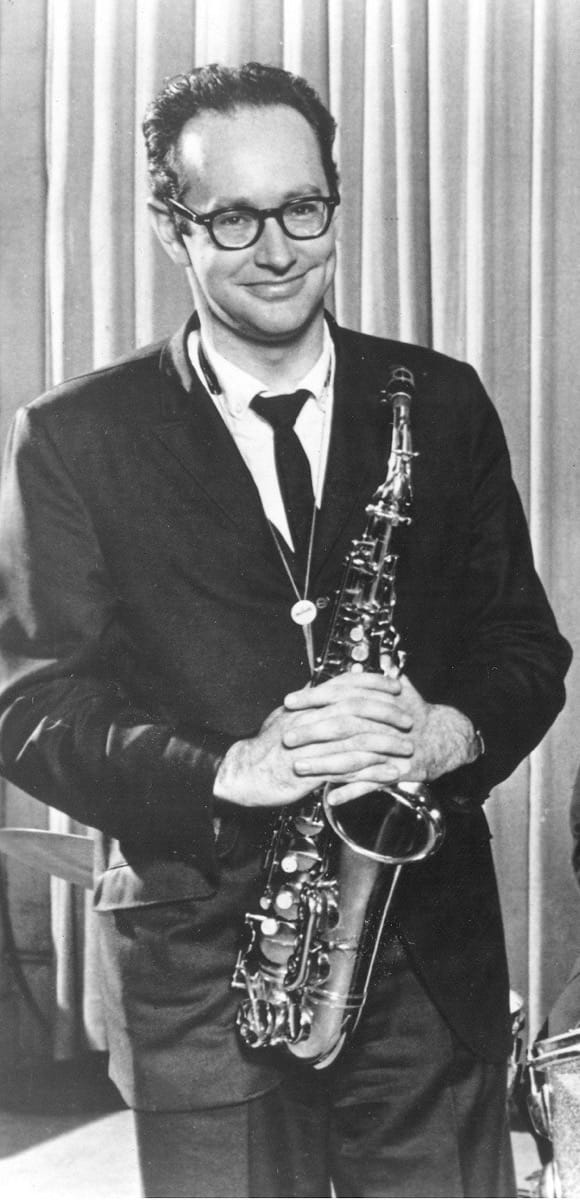“I’m tired of competition. I’m tired of tearing around making money . . . I wanted to find peace of mind.” (1)
Let’s not hear it for the cutting contest anymore, or the tenor sax / drum / insert your instrument of choice “battle” for that matter. There’s more to human existence than competition than fighting over diminishing returns, and while the battles of jazz’s past, both in terms of physical reality and marketing concepts, have been woven into the fabric of the music’s history, let’s not consider them exemplars of achievement: “Cutting” a fellow musician “live” surely loses its lustre quickly, and there’s already no shortage of things these days to render us both mentally and physically weary.
The competitive edge, blunted by passing time and conceptually dulled through repetition, can be easily applied to the state of the music in the present day. But today a musician’s “edge” is perhaps derived not merely from the notes played and the ability to “cut” or be a “killer”, but from his or her level of political and social activism. (Oddly, such activism is treated as if it were a novelty, as if prior to the last three decades musicians of all persuasions existed in a political and social vacuum.)
In a paradoxical way the plethora of means by which a young “killer” musician can raise their visibility is also the means by which that visibility is diluted. This is not least because the supply of such musicians now far exceeds the demand for their talents. That oversupply has been intensified by the pandemic. Furthermore, the spreading of that visibility across social media takes time.
This high input / low return situation has spawned varieties of pretence that are far clumsier than simple hype. The inflated claims of press releases can only be considered in a number of ways, and the individual’s level of credulity dictates how low that number is, especially when the difference between the level of the claim and the level of the aural reality is wide. In short, the better able we are to suspend our ability to reason and our capacity for truth, along with temporarily suspending our free will, the more we might appreciate this dysfunctional world.
Which brings me via a somewhat tortuous route to Paul Desmond, particularly a version of John Lewis’s 2 Degrees East, 3 Degrees West (2) and more particularly to his re-entry into the music after the guitar and bass solos. This offers insight into an improvisatory thought process simultaneously antithetical to “cutting”, “killing” and hype, not least by dint of quietness and Promethean depth.
Desmond was rich in other ways too, not least in terms of financial security. This goes to show that such are the mercurial ways of the market that both he and Stan Getz could navigate a way through them that didn’t drain them either mentally or physically. Hope thus springs eternal, hopefully . . .
Notes
1) Stan Getz, referring to his decision to settle in Denmark at the end of the 1950s, cited in Nobody Else But Me by Dave Gelly. Backbeat Books, 2002, page 98.
2) 2 Degrees East, 3 Degrees West is on Desmond’s album “First Place Again” Playboy.
















